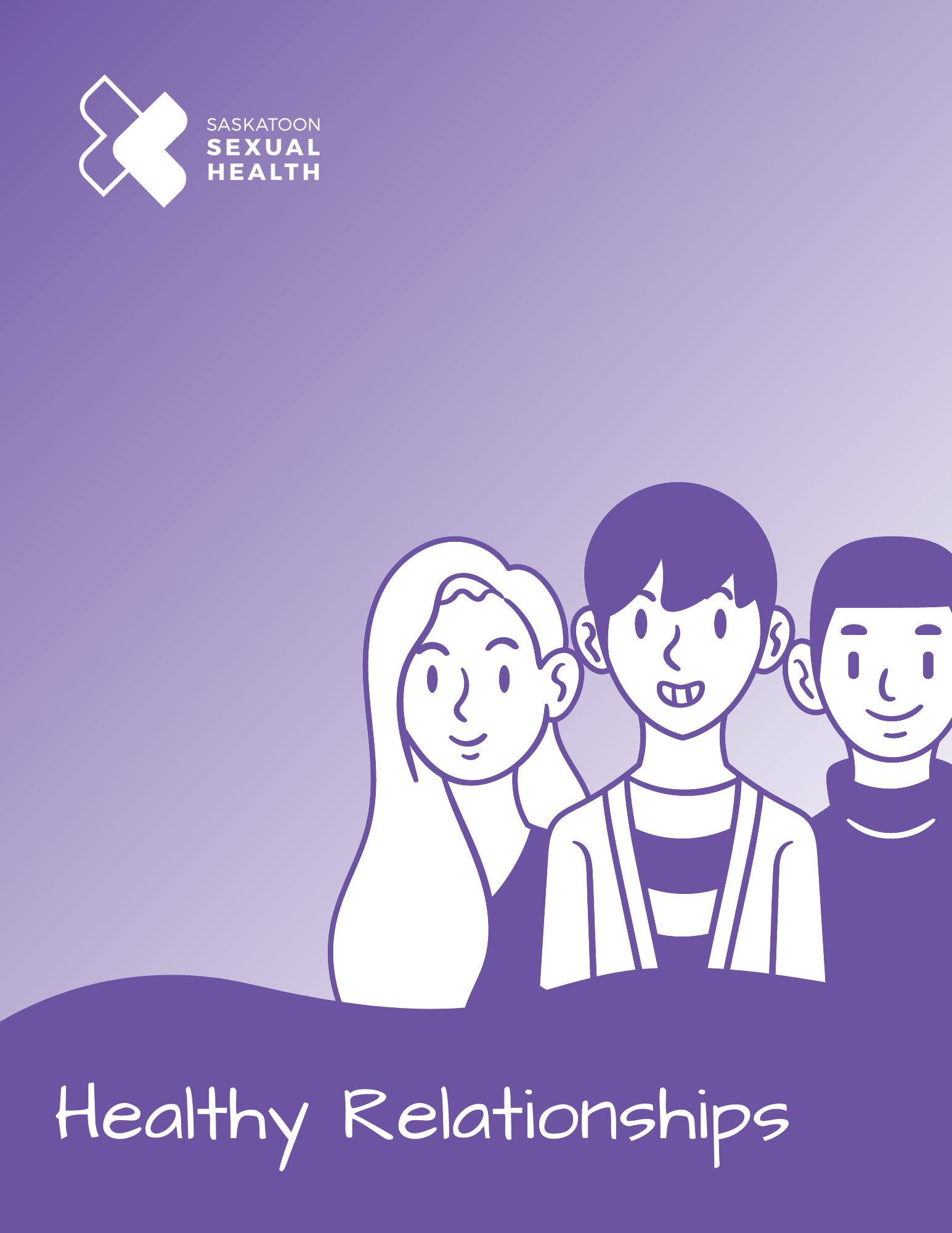Sexuality Education

Comprehensive Sexuality Education empowers young people to make informed decisions about their own sexual and reproductive health at all stages of their life.
What is Comprehensive Sexuality Education?
Comprehensive Sexuality Education is a holistic approach that moves beyond teaching reproductive systems and risk avoidance alone. Access to quality, evidence-informed, comprehensive, inclusive sexuality education prepares young people to make informed decisions about their own sexual and reproductive health at all stages of their life. Healthy sexuality also plays an integral role in developing healthy relationships and is a fundamental part of a person’s overall health.
Access to comprehensive sexuality education for young people results in delayed initiation of sexual intercourse, reduced sexual risk taking, increased use of condoms and increased use of contraception.
Information about healthy sexuality should be introduced throughout childhood and adolescence in ways and at times that are developmentally appropriate. Ideally, conversations begin in early years and lessons build over time to ensure all young people develop a comprehensive understanding of their own sexual health.





































